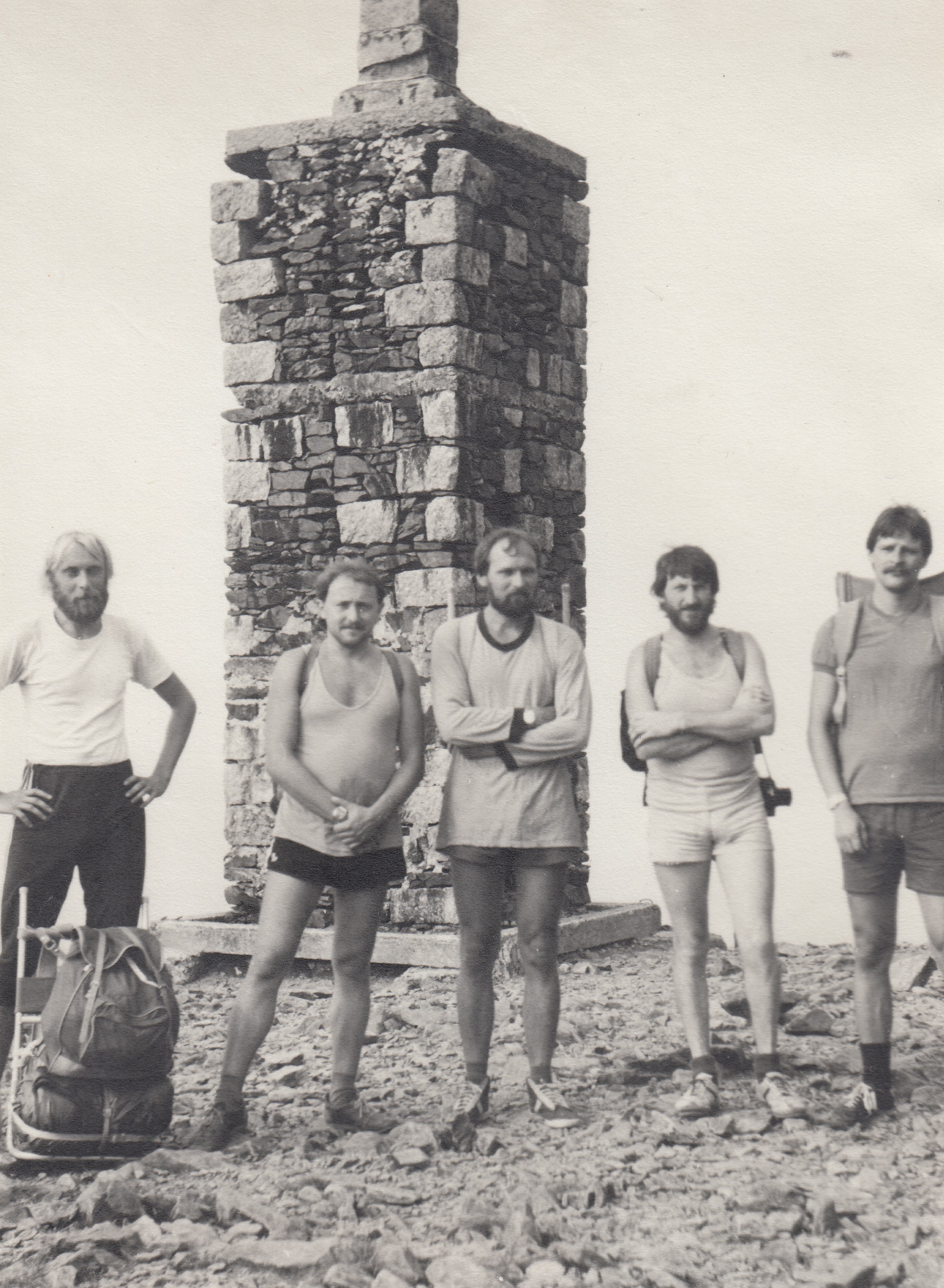Under the guise of the SSM (Czechoslovak Socialist Youth Union), a bunch of adventurers are stirring up the young against the Soviet Union

Download image
Jiří Drahoňovský was born into a teachers’ family on 7 October 1954 in Jilemnice and lived his whole life in the village of Dolní Kalná. His entrepreneurial maternal grandfather had his cement factory and several patents nationalised by the communists. Grandfather had to pay rent in his own house for the rest of his life. In the 1950s, Vladimír Cerman, who was persecuted by the regime, briefly hid at his mother’s cousin Stanislav Ježek’s house. After his capture, the Communists sentenced the eighteen-year-old to death in a public trial and Stanislav Ježek to twenty years in prison. Later, when Jiří Drahoňovský’s father stood up for the convicted Cerman’s sister, he had to leave his teacher’s post in Čistá for a small class in Dolní Kalná. Jiří Drahoňovský graduated from high school in Česká Třebová and became a train driver. From the 1970s he co-organised concerts of the Prague underground and Jiří Černý’s anti-discotheque in Dolní Kalná and the surrounding villages. After the intervention of the State Security and the ban on concerts, he started to organise various thematic tourist marches and other cultural events. The most famous of these, the night climb to Sněžka, will celebrate its 47th anniversary in 2023. In the spring of 1989, he began collecting signatures for the manifesto Several Sentences. Although the StB confiscated the signature sheets and threatened him with dismissal from his job, he started collecting signatures again. After the Velvet Revolution, he founded the Civic Forum with friends in the village. He and his wife raised two children, and by 2023 they were living in Dolní Kalná, and Jiří Drahoňovský was the long-time mayor of the local Sokol.




